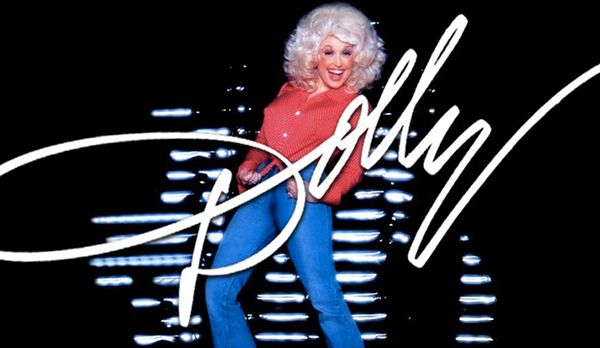
A Plea Drenched in Vulnerability, Where Love Clashes with Insecurity and the Haunting Power of Beauty
Released in 1973 as the lead single from Dolly Parton’s album Jolene, the song “Jolene” marked a seismic shift in the landscape of country music, peaking at No. 1 on the Billboard Hot Country Songs chart in early 1974. It became one of Parton’s signature works—both a commercial triumph and an enduring cultural artifact that transcended genre boundaries. Though steeped in the idioms of country storytelling, “Jolene” struck a universal chord, capturing the aching vulnerability that lies beneath the surface of romantic love.
At its core, “Jolene” is not merely a song about jealousy—it is a delicate portrait of desperation, voiced by a woman confronting her own perceived inadequacies in the face of another woman’s disarming allure. “Your beauty is beyond compare / With flaming locks of auburn hair,” Parton sings, her crystalline soprano trembling with emotional precision. The protagonist does not lash out with bitterness or blame; instead, she pleads with her rival, revealing an internal unraveling far more harrowing than anger: “Please don’t take him just because you can.”
The power of “Jolene” lies in its stark simplicity. There are no narrative twists or dramatic confrontations—only raw emotion suspended in time. The lyrics never confirm whether Jolene has acted on her perceived influence over the narrator’s man. The absence of resolution makes the song feel hauntingly unresolved, echoing the real-life anxieties many have experienced: that love is never entirely secure, and beauty—especially that which we do not possess—can be a formidable specter.
Musically, “Jolene” diverges from much of Parton’s earlier output. Its minor key progression and urgent tempo build tension with each repetition of Jolene’s name—spoken almost like an incantation. The finger-picked guitar lines ripple like nervous thoughts spiraling out of control. Here, Parton, both as songwriter and performer, wields restraint with devastating effect. She does not need to shout to devastate; her subdued delivery carries the weight of heartbreak far more potently than theatrics ever could.
Though often lauded for its lyrical economy and melodic elegance, “Jolene” is also notable for what it represents within Dolly Parton’s larger body of work: an early assertion of narrative complexity from a female perspective in mainstream country music. In a genre historically dominated by male voices and moral clarity, Parton’s choice to render her protagonist as introspective rather than accusatory—and her “other woman” as more than a caricature—is nothing short of revolutionary.
More than fifty years after its release, “Jolene” remains achingly relevant. Covered by artists across generations and genres—from The White Stripes to Miley Cyrus—it continues to resonate precisely because it refuses to offer easy answers. It captures that most human of experiences: loving someone so deeply that you fear your own love may not be enough to hold them. In doing so, it transforms personal anguish into universal art—a testament to the enduring genius of Dolly Parton, a storyteller who knows that even our quietest fears deserve their place on vinyl.